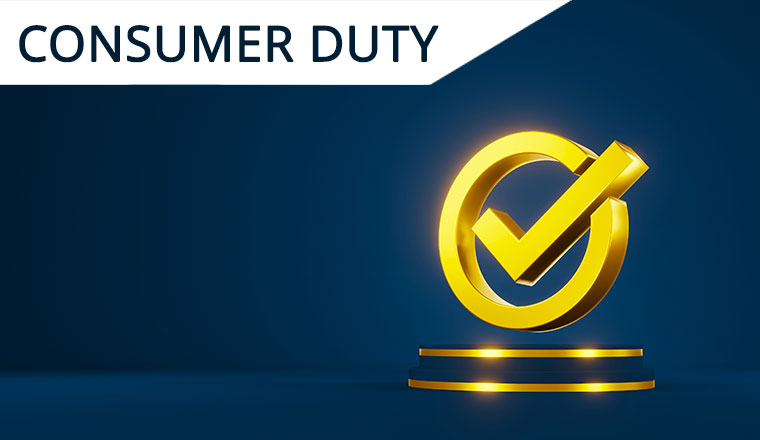30th November 2023

Consumer Duty is a standard relating to improved and inclusive customer service. It came into force in July 2023 and financial firms are working proactively to meet it.
However, call centre staff report being under-equipped to manage high volumes of often complex customer interactions.
So, how can we ensure strategic decisions are deliverable by frontline staff? Helen Pettifer, Director of Helen Pettifer Training Ltd, explains.
To comply with Consumer Duty, firms are gathering data on customers to inform:
One of the methods of data collection is actively encouraging customers to disclose vulnerable circumstances.
The intention is for firms to use this data to tailor services and support to help customers achieve positive outcomes and avoid harm.
However, the majority of customers are reluctant to disclose. For a start, they may not see that their bereavement, disability, gambling addiction or mental health challenges are relevant to the organization.
Secondly, there is a fear of judgement or the consequences of sharing. Thirdly, there is concern about how the data will be used or shared.
To encourage disclosures, firms need to provide customers with both the opportunity and reasons to share.
The customer must see the benefit in sharing personal, and sometimes emotional, information. This requires skilful, empathic and well-equipped call centre and frontline staff.
In a short conversation, these employees need to:
This is a lot to ask and yet it seems that there is a gap between the intentions of a company and the investment in call centre employees.
A report published by the Call Centre Management Association reveals that two-thirds of call centre staff report their work is more difficult than a year ago. As a result, a quarter are unhappy in their role.
It identifies the causes as:
This report isn’t limited to the financial sector, but it does illustrate that investment in call centre teams is necessary. It’s a fundamental requirement for improving customer service.
So, if employees need to identify potential vulnerabilities, encourage disclosures and record information, we can’t expect them to take more calls. Or limit and measure the time they have on telephone calls with customers.
They will need sufficient training, appropriate resources and updates to handle complex calls. In addition, technology should be set up to manage routine enquiries and free up time for personalized interactions.
Technology can also aid identification of vulnerability, helping employees to focus on moving the conversation towards what support the customer might need. Finally, a supportive culture helps to protect employee wellbeing.
When teams are trained and properly equipped, each customer conversation adds variety and continuous learning to the role.
Coupled with recognition for positive outcomes, this ensures the team feel valued. In turn, this improves motivation, confidence and customer service.

I was a call centre manager and am aware of the challenges of the role. This experience informs the design and delivery of my vulnerable customer training for financial institutions, utility companies and public service organizations.
To achieve the goals of Consumer Duty, we need to appreciate and invest in call centre staff.
Written by: Helen Pettifer
If you are looking for more information on some of the topics covered in this article, you should read these next:
Reviewed by: Megan Jones